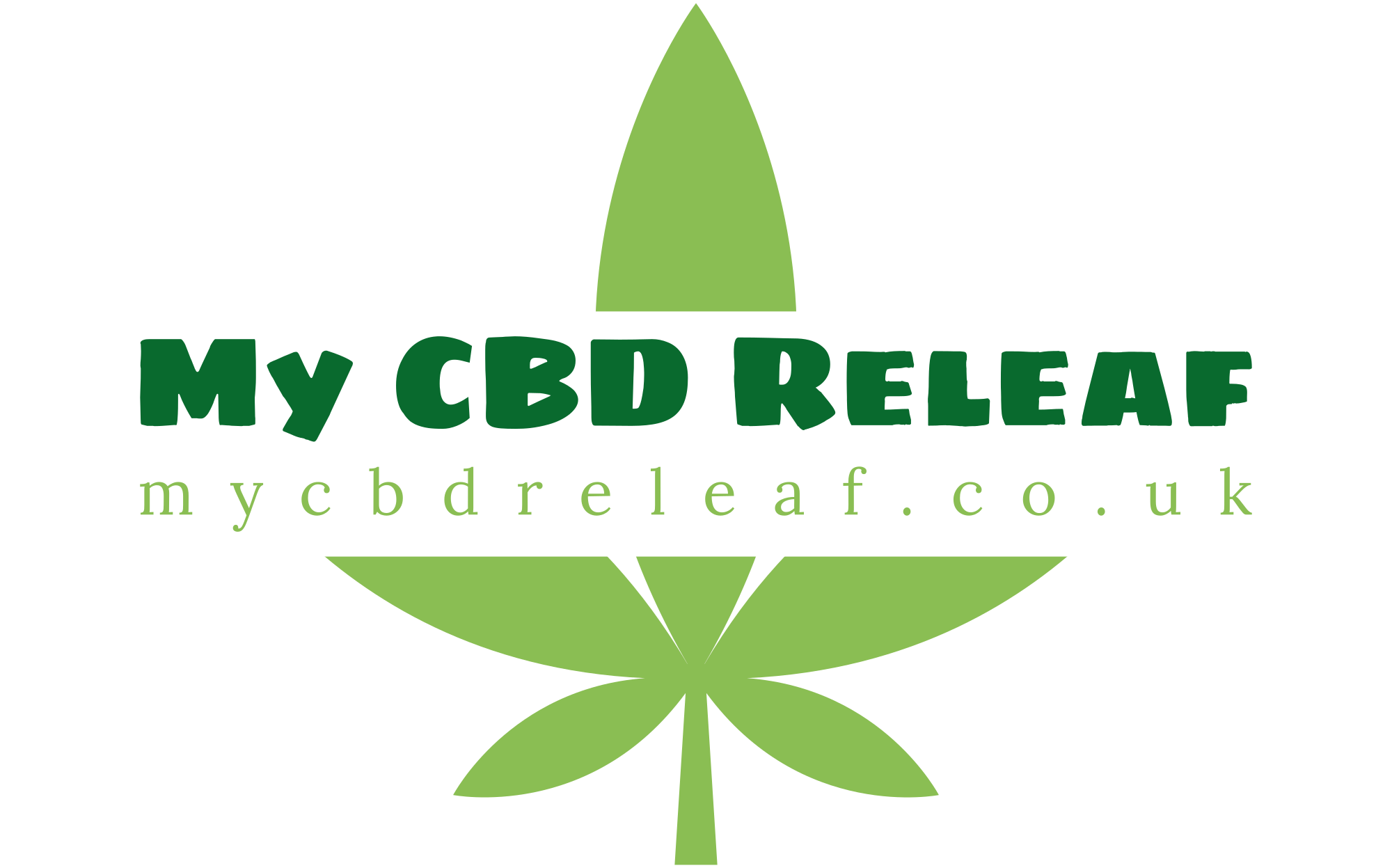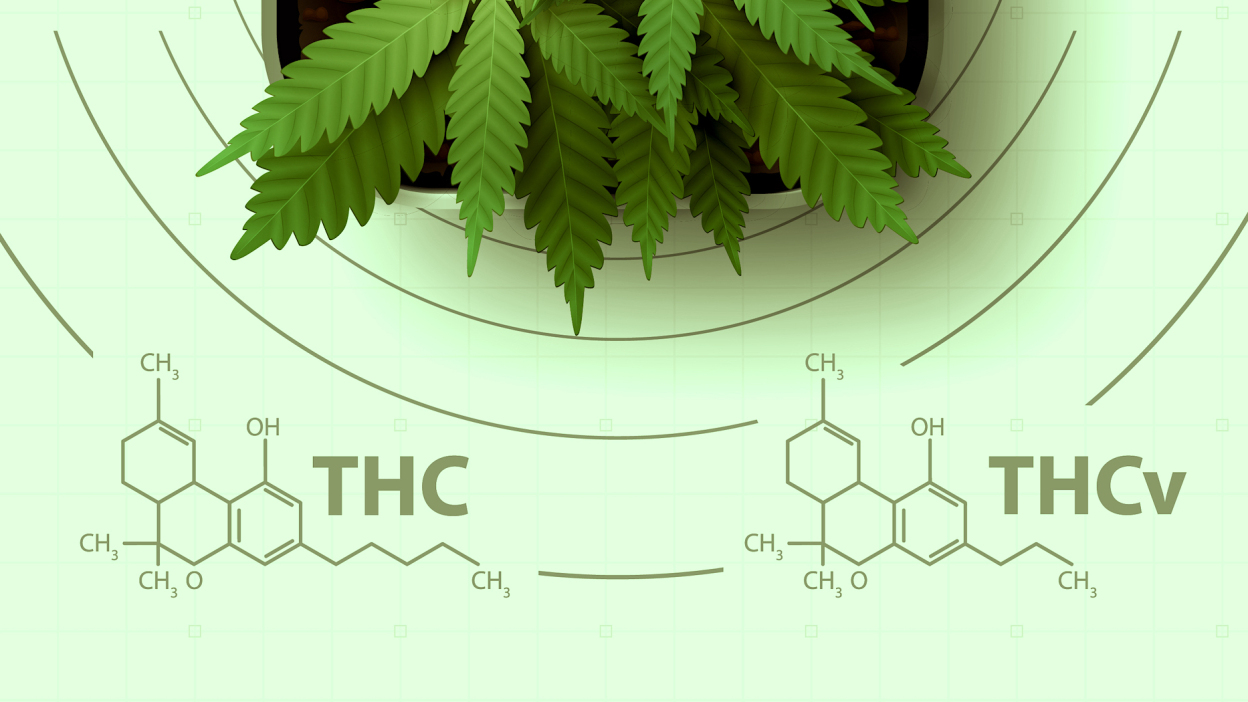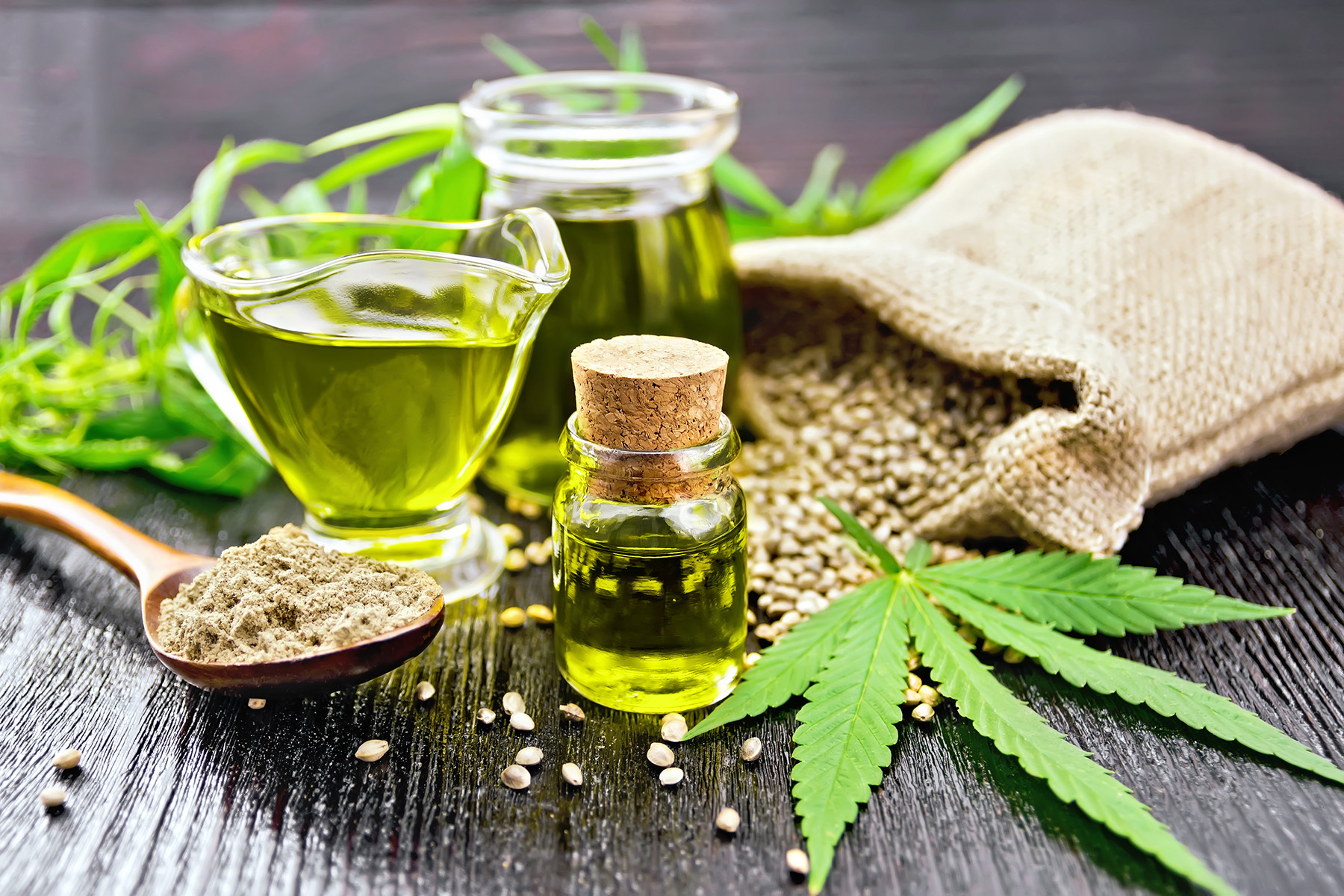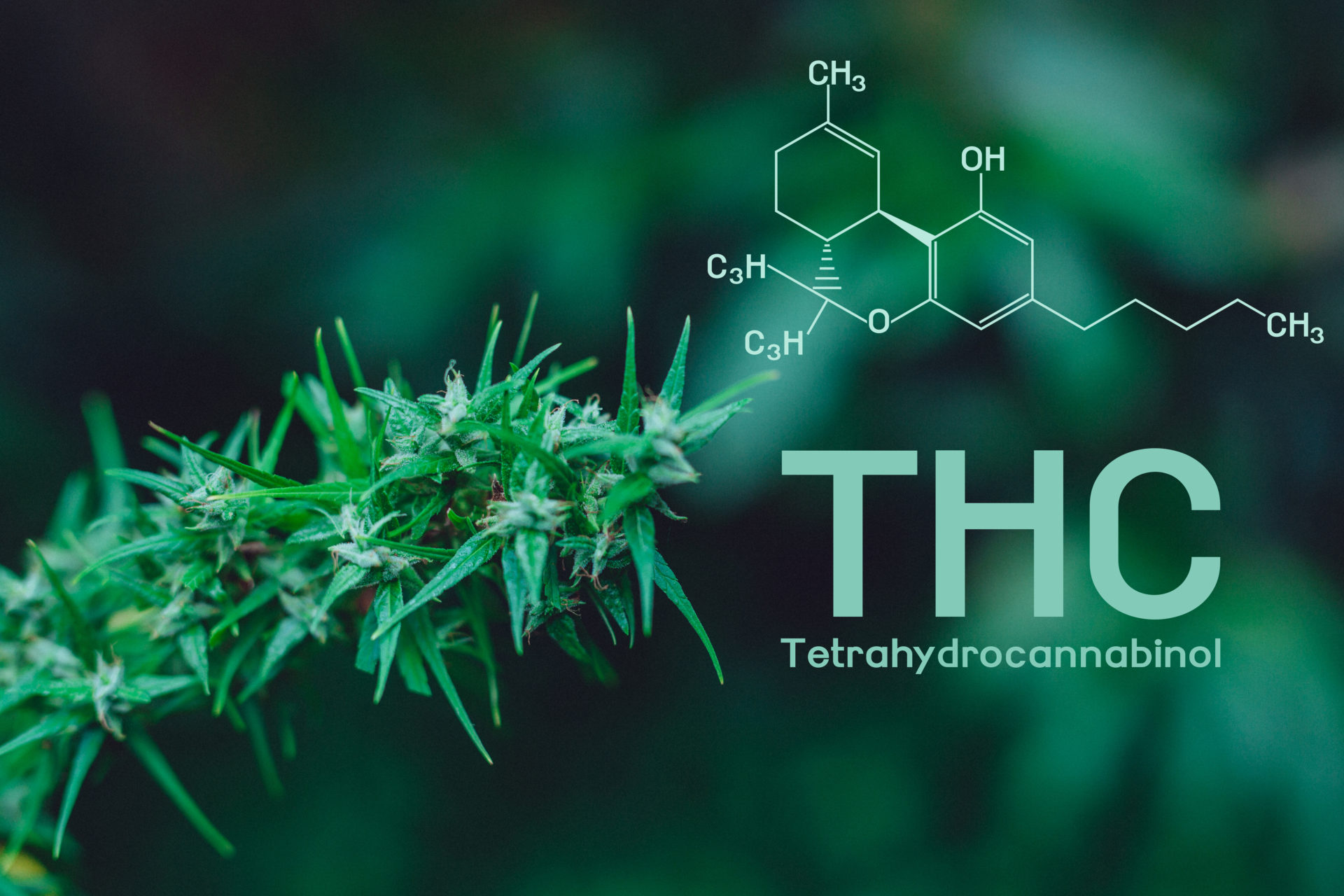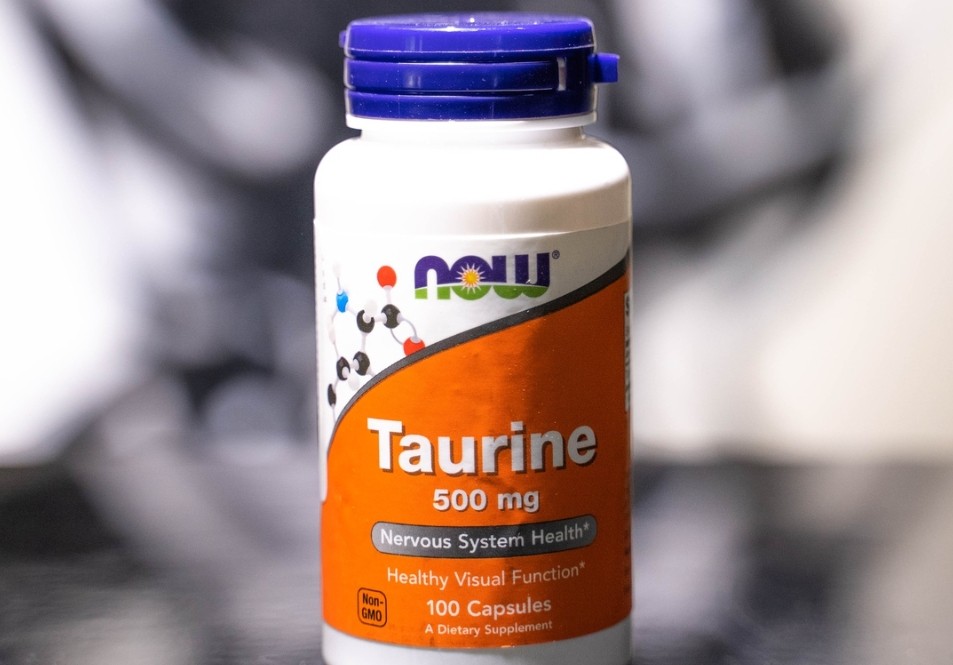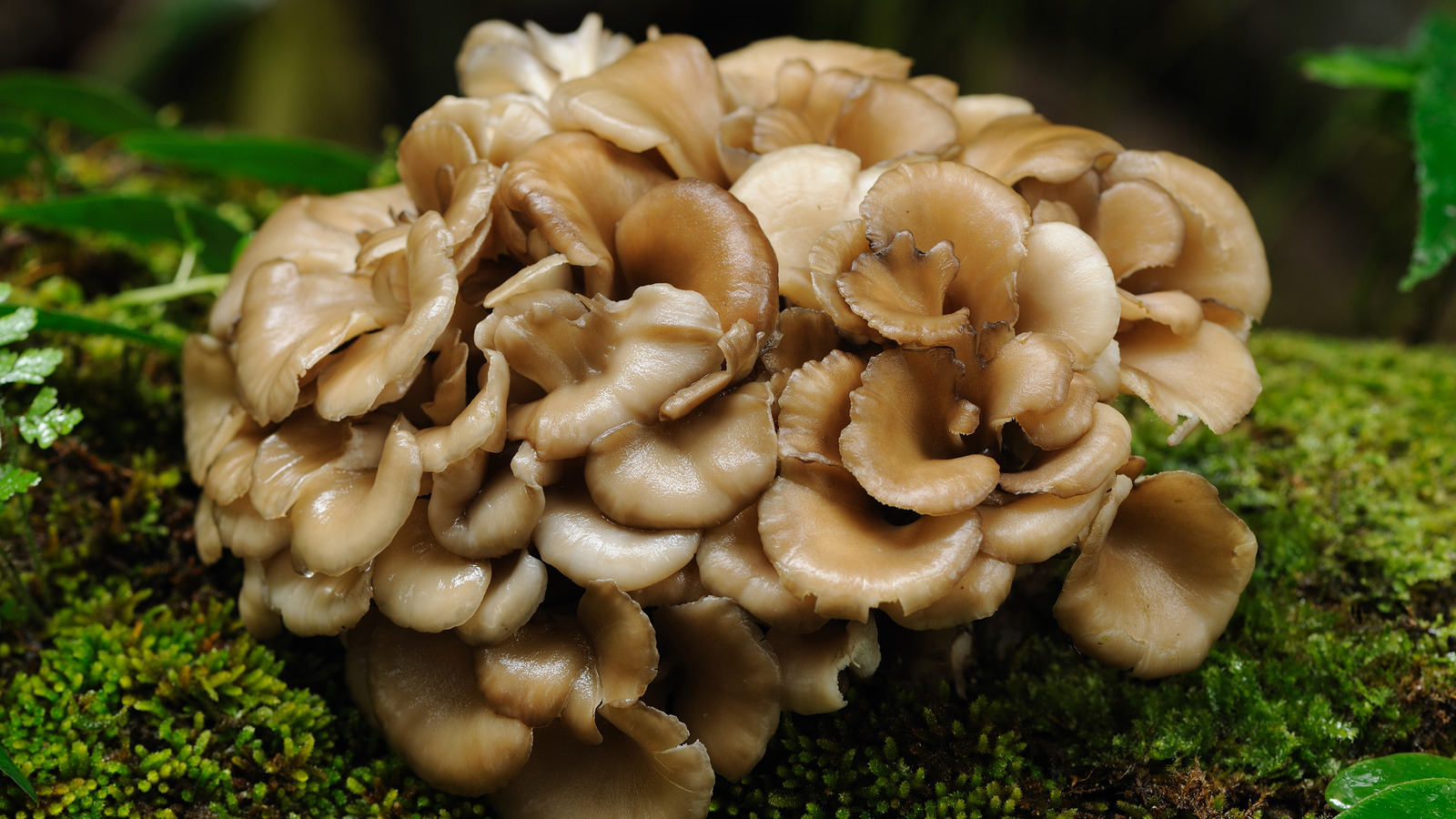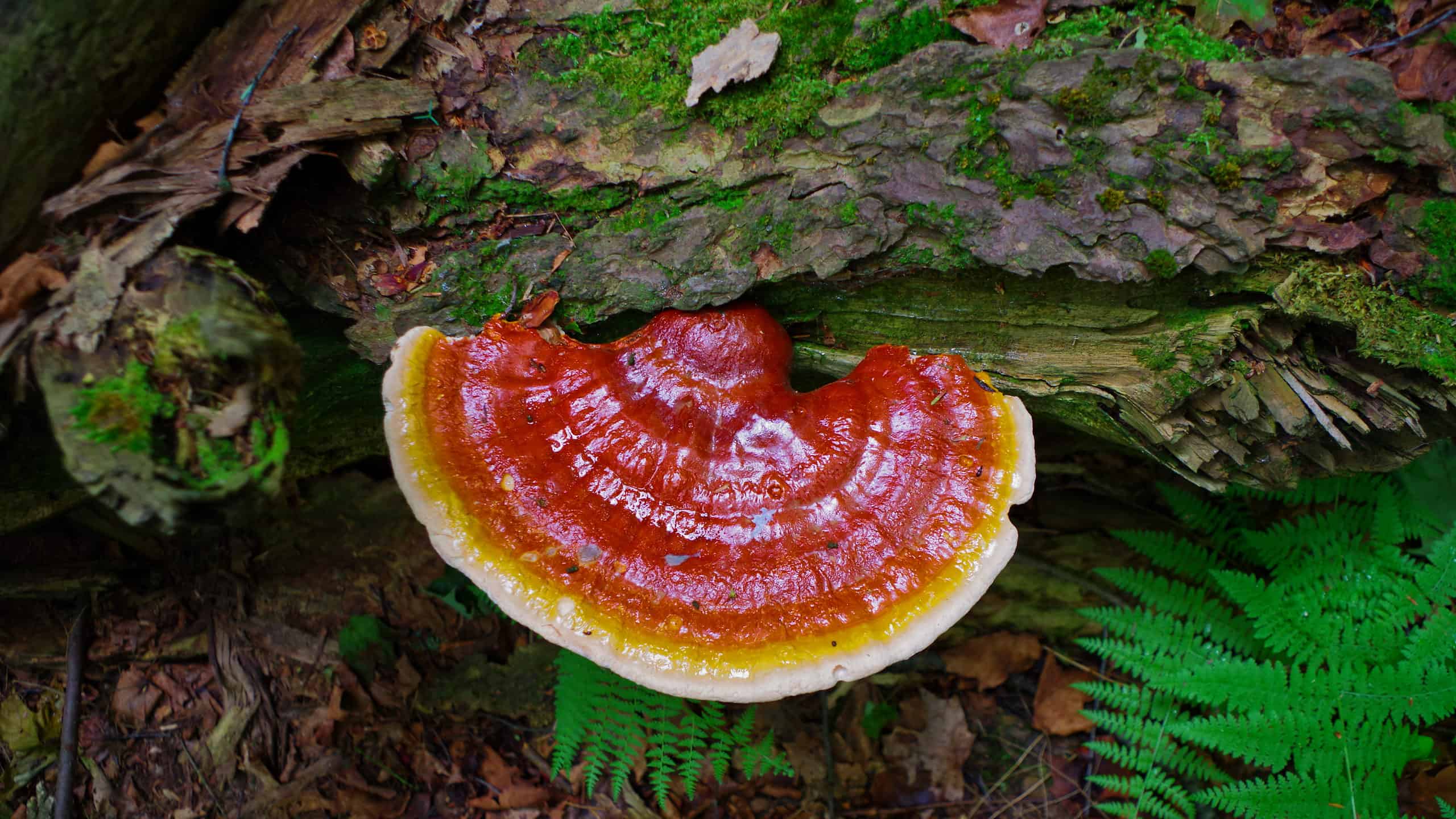Understanding the Difference Between Delta-10 and THCV: A Comprehensive Guide
Introduction
In the ever-expanding world of cannabinoids and cannabis compounds, there are numerous compounds with unique properties and potential health benefits. Two such compounds that have recently gained attention are Delta-10 (Δ10) and THCV (Tetrahydrocannabivarin). These compounds are found in the cannabis plant and are of particular interest for their potential therapeutic and psychoactive effects. In this comprehensive guide, we will explore the key differences between Delta-10 and THCV, including their chemical structures, sources, effects, and potential applications in medicine and recreational use.
Introduction to Delta-10 and THCV
Delta-10 (Δ10)
Delta-10, also known as Δ10-THC, is a relatively newly discovered cannabinoid found in the cannabis plant. It is a structural analog of Delta-9-THC (Δ9-THC), the well-known psychoactive compound responsible for the “high” associated with cannabis use. Delta-10 shares some similarities with Delta-9-THC, but it also has unique properties that set it apart.
THCV (Tetrahydrocannabivarin)
THCV, or Tetrahydrocannabivarin, is another cannabinoid found in cannabis. It is a non-psychoactive compound and a structural analog of Delta-9-THC. THCV is distinct from other cannabinoids due to its unique effects and potential applications in medicine.
Chemical Structures
Delta-10 (Δ10)
Delta-10 has a similar molecular structure to Delta-9-THC, but with slight variations. Both Delta-9 and Delta-10 share a 21-carbon chain, but the positioning of a double bond in the structure sets them apart. The subtle differences in their structures account for the distinct properties of Delta-10, which is less psychoactive than Delta-9-THC.
THCV (Tetrahydrocannabivarin)
THCV has a unique chemical structure compared to Delta-9-THC. It also contains a 21-carbon chain but differs in the position of some atoms and functional groups. These structural variances contribute to THCV’s non-psychoactive properties and distinct effects.
Sources
Delta-10 (Δ10)
Delta-10 is present in trace amounts in some cannabis strains, though it is not as prevalent or well-documented as Delta-9-THC or other cannabinoids. The extraction and isolation of Delta-10 is a relatively recent development, and it is typically produced through chemical synthesis or by converting other cannabinoids.
THCV (Tetrahydrocannabivarin)
THCV is also found in certain cannabis strains, but it is more common than Delta-10. It is typically present in African and South Asian cannabis varieties, such as strains from regions like South Africa and India. THCV-rich strains are cultivated specifically for their unique chemical profile.
Psychoactive Effects
Delta-10 (Δ10)
Delta-10 is considered to be less psychoactive than Delta-9-THC. While it can induce some euphoria and alterations in perception, the psychotropic effects are generally milder, making it a more accessible option for those who want a less intense cannabis experience.
THCV (Tetrahydrocannabivarin)
THCV is known for its non-psychoactive properties. Unlike Delta-9-THC, which is commonly associated with the “high” of cannabis, THCV does not produce the same level of euphoria or altered perception. In some cases, it may even act as an antagonist to the psychoactive effects of Delta-9-THC.
Potential Medicinal Applications
Delta-10 (Δ10)
Delta-10 is a relatively new cannabinoid, and research into its potential medicinal applications is ongoing. Some anecdotal reports suggest that it may help with conditions like pain, anxiety, and inflammation, but scientific evidence is limited at this stage.
THCV (Tetrahydrocannabivarin)
THCV has shown promise in various medicinal applications. It is being investigated for its potential to regulate blood sugar levels, making it a potential option for individuals with diabetes. Additionally, THCV is explored for its role in appetite suppression, which could be valuable in weight management and obesity-related conditions.
Recreational Use
Delta-10 (Δ10)
Delta-10 is sometimes incorporated into recreational cannabis products, particularly in states with legalized cannabis. It offers a unique experience compared to Delta-9-THC, as it provides some euphoria and relaxation without the intense psychoactive effects.
THCV (Tetrahydrocannabivarin)
THCV is not commonly used for recreational purposes due to its non-psychoactive nature. It is, however, present in certain strains that may be chosen for their unique effects, such as increased alertness and focus without the typical “high.”
Legal Status
Delta-10 (Δ10)
The legal status of Delta-10 can vary from place to place. In regions where Delta-9-THC is illegal, Delta-10 is often treated in the same way, despite its distinct properties. As a result, it is important to be aware of local laws and regulations.
THCV (Tetrahydrocannabivarin)
THCV is generally legal in regions where cannabis is legal, as it is non-psychoactive. However, it is important to consider local laws and regulations regarding cannabis and its compounds.
Conclusion
Delta-10 and THCV are two distinct cannabinoids with unique properties and potential applications. While Delta-10 offers a milder psychoactive experience compared to Delta-9-THC, THCV stands out for its non-psychoactive nature and potential benefits in medical contexts.
The understanding of these compounds is still evolving, and ongoing research is likely to reveal more about their properties, effects, and potential applications. Whether used for recreational purposes or explored for their medicinal potential, both Delta-10 and THCV contribute to the diverse world of cannabinoids and the expanding possibilities for cannabis-related therapies. As the legal landscape surrounding cannabis continues to change, these compounds may play increasingly significant roles in the future of cannabis science and industry.
